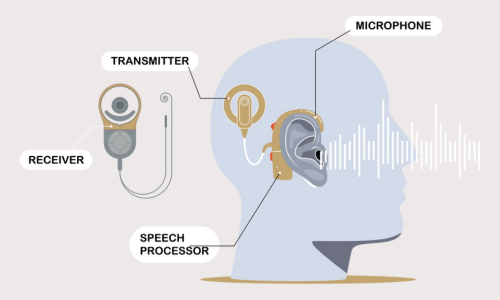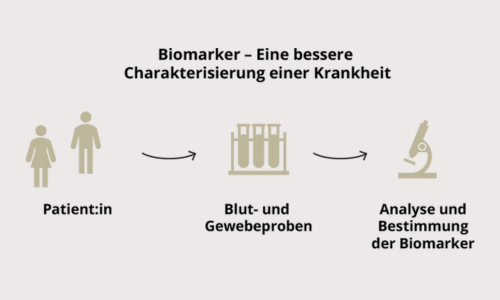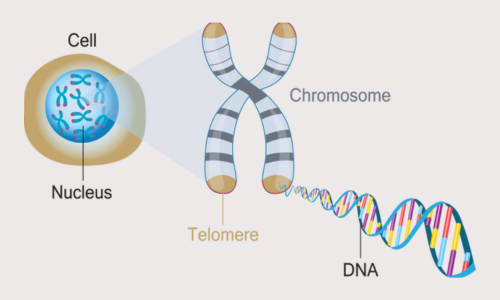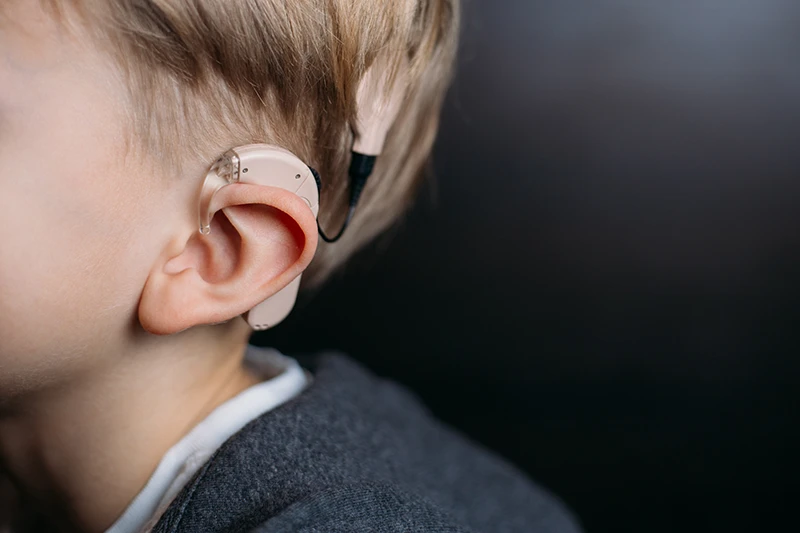Promotion of research projects
The exact causes of tinnitus and other hearing impairments are not yet clearly understood. For this reason, the Foundation is committed to improving the framework conditions for research in this area and provides funding for research projects. The Scientific Advisory Board reviews the respective applications and makes the decisions. Through its own funds, donations and cooperation with partners, the German Foundation Tinnitus and Hearing Charité has so far been able to provide a total of 885,000 euros for research work, including the research prize.






